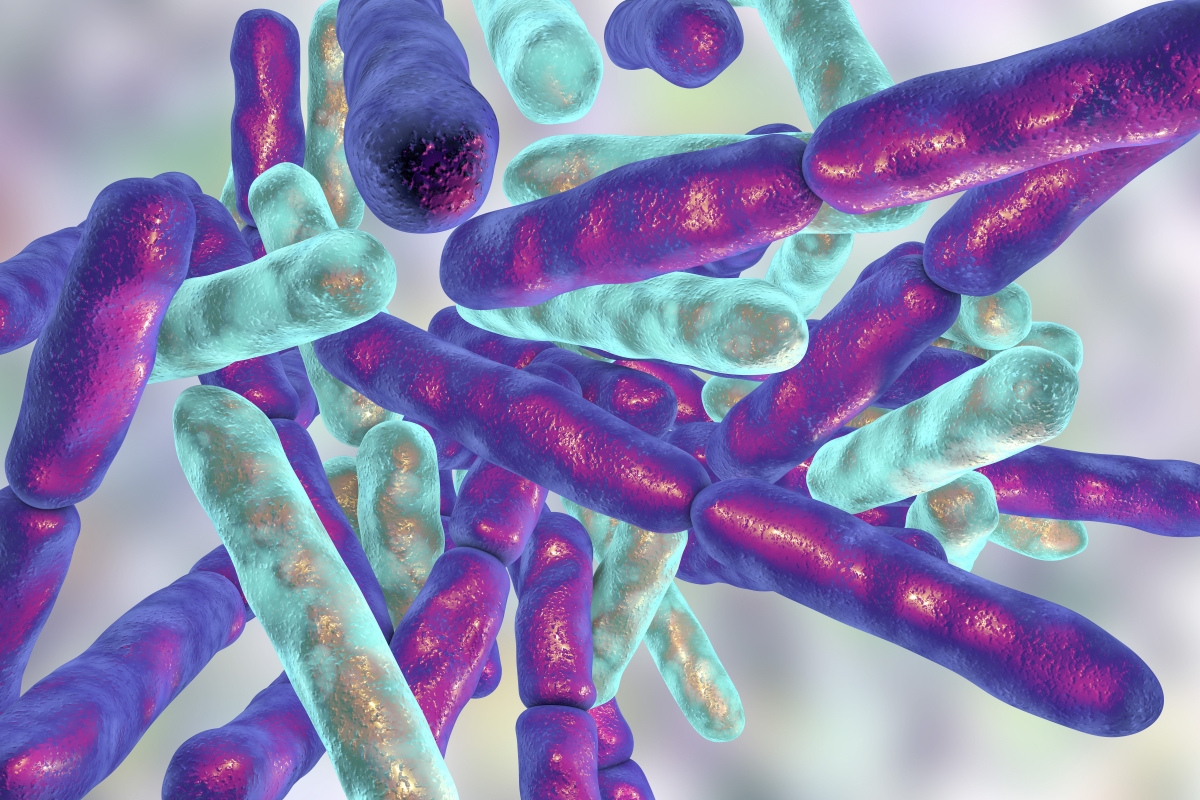The gut microbiota and depressive symptoms across ethnic groups
Given that the gut microbiota may contribute to depressive illnesses, it is a desirable target for therapies. The microbiota and the severity of depression symptoms differ significantly between racial and ethnic groups. Therefore, knowledge of mechanisms linking microbiome to depression across ethnic groups is necessary for any treatment for depression that targets the microbiome. In this study by Bosch et al. (2022), the authors describe the gut microbiota and its relationships to depressive symptoms in 6 ethnic groups (African Surinamese, Dutch, South Asian Surinamese, Turkish, Ghanaian, and Moroccan; N = 3211) living in the same metropolitan area using data from the HELIUS cohort. Taking into consideration individual variations in demographics, behavior, and medical conditions, the authors noted that gut microbiome diversity – both between (β-diversity) and within (α-diversity) people – predicts the severity of the symptoms of depression. Notably, no ethnic group has a different set of relationships. 29%–18% of the ethnic disparities in depression symptoms were explained by β-diversity. Numerous families of bacteria house the genera linked to symptoms of depression, most notably, Ruminococcaceae, Lachnospiraceae, and Christensenellaceae. In conclusion, the authors comment that their findings demonstrate how the gut microbiota and depressed symptom levels are related and that this connection is consistent across ethnic groups. Furthermore, the results imply that ethnic variations in the intestinal microbiome may contribute to the corresponding variances in depression. [NPID: Depression, adults, ethnicity, Epidemiology, diet, behavior, microbiome]
Year: 2022
 Navigation
Navigation






